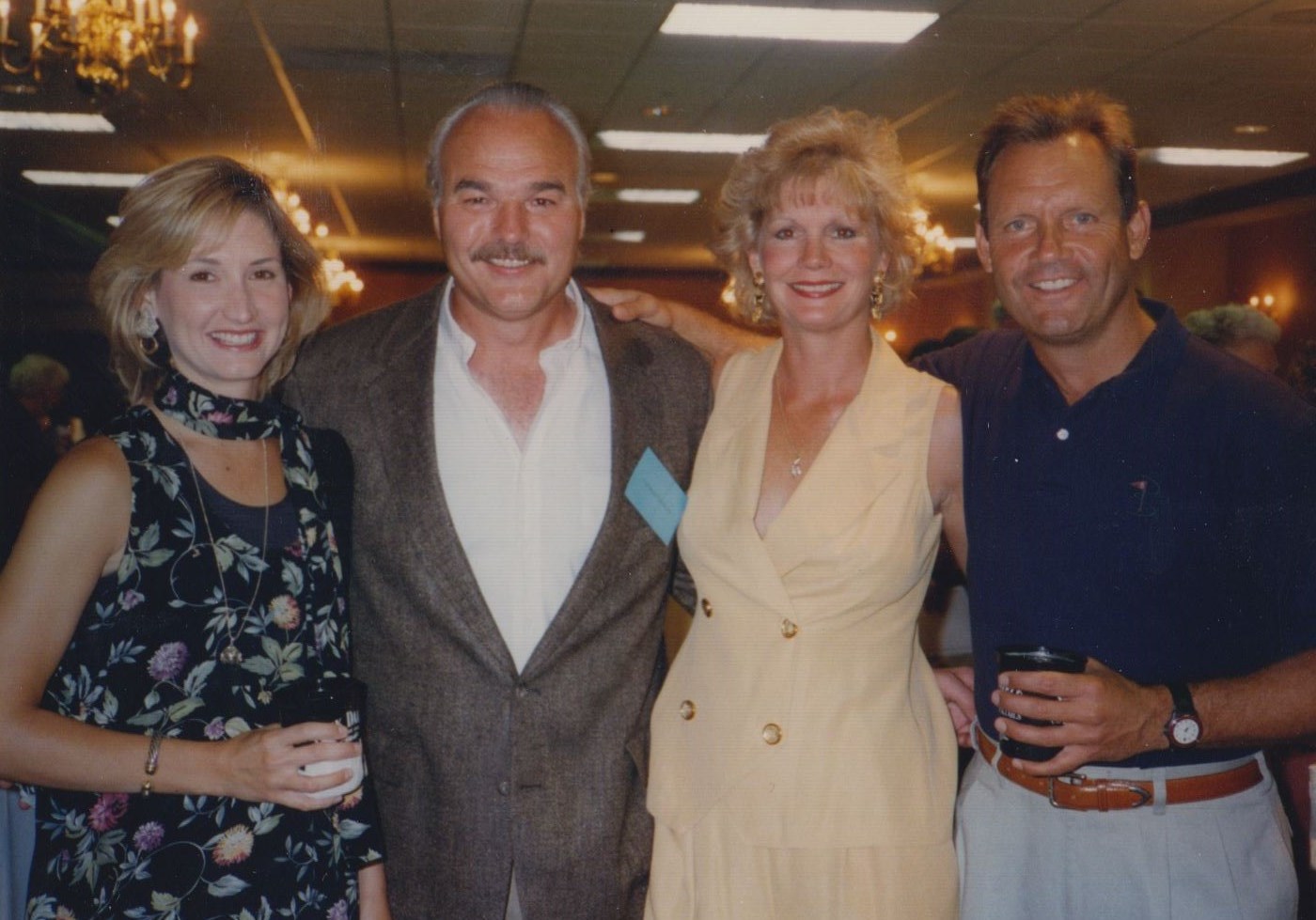“There will always be someone who will be able to [outperform] you,” Dobler said. “But those same people that are out there performing where you can’t perform, if they were put in your situation, would they be able to go through the rehab that you have to go through three or four times a week? Do they have the ability to do that? You will always beat them in that aspect. You have to have that fighting desire.”

Conrad Dobler was more than willing to deliver a leg whip, provide an eye gouge, or give a bite mark in the NFL’s trenches from 1972 through 1981.
As a guard with the St. Louis Cardinals, New Orleans Saints, and Buffalo Bills over the course of a ten-year career, Dobler, who was dubbed the “dirtiest player in the NFL,” left no stone unturned in defending his territory and his quarterback.
Consider how shocked the defensive lineman Dobler faced would be to hear the words of encouragement he has for young people who had suffered spinal cord injuries given his brutal football character.
“I tell them [paralyzed children] the cure is there. It will be there,” Dobler said yesterday. “You have to prepare yourself to get up out of that chair, because it’s just around the corner. And if you’re not prepared for that, even if the cure comes and you don’t do your rehab, you won’t be prepared to get out of the chair. So do everything you possibly can now, because when that time comes and it’s time for you to walk, you’d better have your muscles ready. You’d better have your feet and legs ready, and you’d better be mentally ready to go out there and get the job done.”
Dobler’s perspective altered on July 4, 2001, when he was grilling for an Independence Day BBQ at his suburban Kansas City, Missouri, home. Of course, life has a way of changing one’s perspective.
Around seven o’clock, Dobler’s wife Joy was attempting to get into a hammock in the backyard when she slipped and hit her head.
“I wasn’t bungee jumping or speed racing,” said Joy Dobler. “I went to get into a hammock in my backyard, about a foot and a half off the lawn and fell out and broke my neck. It’s a plush lawn, soft grass. I couldn’t do it again if I tried a million times.”
Joy Dobler, a 6-foot tall woman who had coached a neighbourhood Catholic boys basketball team, only needed only one incident to turn quadriplegic.
Joy Dobler’s condition deteriorated further as a result of a severe esophageal infection she acquired following invasive surgery. Conrad Dobler met with actor Christopher Reeve, who experienced a spinal cord injury himself, and took Reeve’s advice to have her transferred to a hospital in St. Louis, where she spent 10 months recuperating and rehabilitating.
Joy Dobler’s condition significantly improved over the ensuing years, but the family was forced to sell their home to cover the more than $500,000 in medical costs.
The Doblers, however, have kept a positive outlook and are persistent in their fundraising efforts to fight spinal cord injury.
In support of the opening of the Kennedy Krieger Institute’s International Center for Spinal Cord Injury, the only facility in the world committed to healing and repairing children with spinal cord injuries, their efforts brought them to Baltimore yesterday with more than $200,000. Dr. John McDonald, the center’s director, also treated Joy Dobler and Reeve, who passed away in October.
The Loyola football player Van Brooks, who was paralysed last September while making a tackle during a game against Georgetown Prep, appeared on stage with the Doblers yesterday morning.
After the injury, Brooks was unable to move at all, but with three weekly, three-hour treatment sessions at Kennedy Krieger, she has made steady progress. Although he is unable to stand up by himself, Brooks is able to exercise in an upright position and yesterday demonstrated his grasping and squeezing abilities to an audience.
“I can see the progress, from when I first got injured, not being able to move at all, to now, where I can move, just about my whole upper body,” Brooks said. “I’m starting to get small functions back. I can write now. I can pick up small things.”
“For the age that he is, you would think that he wouldn’t [be able to measure the progress] mentally,” said Brooks’ father, Van Sr. “The mental part is more stressful than the physical part. To sit down and say in one minute that you walk out the door and the next, you can’t move at all, that’s a big difference, and at 16 years old, at the time of the injury, that’s a big, big difference.”
If Conrad Dobler could teach Van Brooks anything other than football, it would be his sense of unfairness, at least in relation to the spinal cord injury that keeps him disabled for the time being but may one day get him out of the wheelchair.








